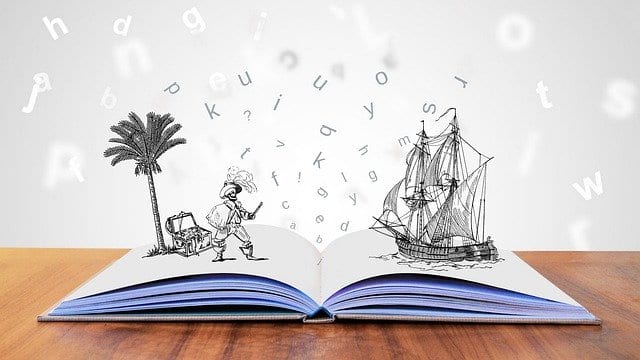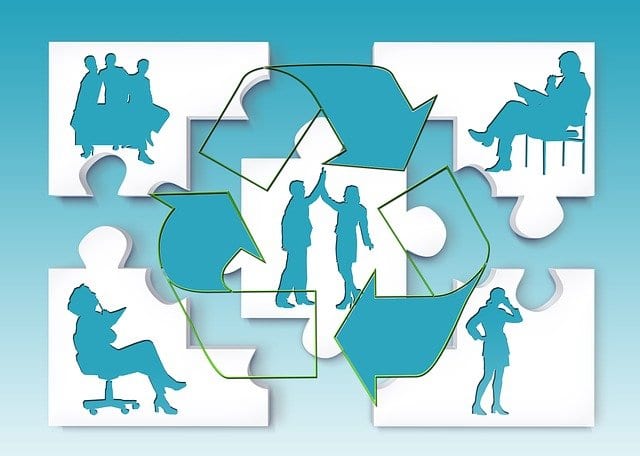The torrential flow of learning is disorientating, confusing and renders us less capable of informed action. An effective learning infrastructure enables organisations to balance learning flows with a stock of learning. All flow and no stock makes organisations stupid!
Posts Categorized: Insights
Learning cultures have the capacity to agree to everything – that does not mean they must agree with everything. Change flows and when everything is seen. Once difficult perspectives are aired and respected they lose their grip on the agenda and learning grows.
Organisations and teams are similar. Being able to stop is essential for moving ahead. Stopping enables learning. Lots of busy action is not the same as movement. Movement only starts from stillness.
This requires patient work where dialogue skills are key. Emergent facilitation is an especially useful technique for surfacing meaning. It involves creating “practice fields” where identity can connect with new pictures of the future.
They note that by practicing dialogue skills in their other day-to-day work, they amplify their service and impact. They observe that their self-awareness is sharper and that their capacity to be effective in complex situations is enhanced.
Craft goals in the language and worldview of the prevailing culture while enabling people to make sense of those goals in their own terms. This is the work of the bi-culturalist.





